Bob Avakian has written that one of three things that has “to happen in order for there to be real and lasting change for the better: People have to fully confront the actual history of this country and its role in the world up to today, and the terrible consequences of this.”
3 Things that have to happen in order for there to be real and lasting change for the better:
1) People have to fully confront the actual history of this country and its role in the world up to today, and the terrible consequences of this.
2) People have to dig seriously and scientifically into how this system of capitalism-imperialism actually works, and what this actually causes in the world.
3) People have to look deeply into the solution to all this.
Bob Avakian
May 1st, 2016
In that light, and in that spirit, “American Crime” is a regular feature of revcom.us. Each installment focuses on one of the 100 worst crimes committed by the U.S. rulers—out of countless bloody crimes they have carried out against people around the world, from the founding of the U.S. to the present day.
See all the articles in this series.
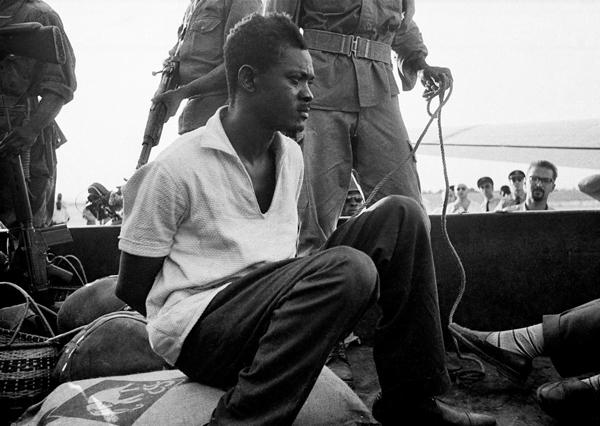

Patrice Lumumba arrested, shortly before his assassination.
In one of the last photos taken of him while still alive, Patrice Lumumba is shown captive on December 2, 1960. The CIA orchestrated a coup against Lumumba, using Congolese Army Colonel Joseph Mobutu, to carry it out and to murder Lumumba. (Photo: AP)
THE CRIME:
On January 17, 1961, a firing squad shot to death the Congolese anti-colonialist fighter and leader Patrice Lumumba. His body was buried, but then dug up and dismembered with saws and axes. Then Lumumba’s body was burned and dissolved in acid so there would not even be a corpse around which his supporters could rally. This brutal murder was carried out by some of Lumumba’s Congolese enemies, but it was the U.S. imperialists who called for and orchestrated it. The Central Intelligence Agency (CIA) was in the forefront, aided by imperialist Belgium, which had ruled over and tormented the people of the Congo for the previous 75 years.
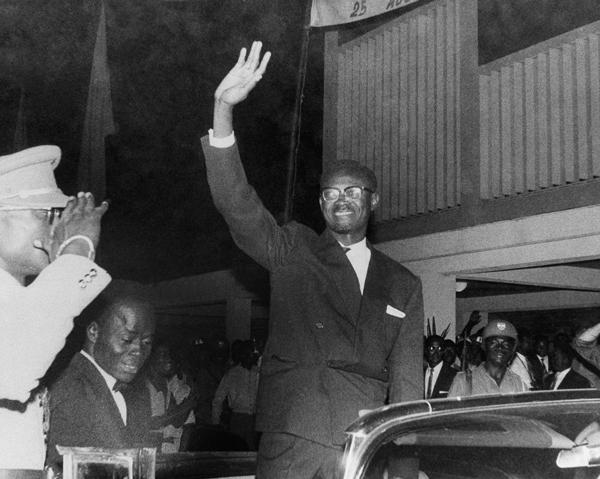

Patrice Lumumba waves to crowds in Leopoldville, Congo, in August 1960. Lumumba had been elected Prime Minister of the newly-founded Republic of the Congo, a country in Central Africa. A revolutionary nationalist, Lumumba was a major leader in the country's fight for independence from Belgian colonialism. (Photo: AP)
In the few months prior to his assassination, Patrice Lumumba had been the first elected prime minister of the Republic of the Congo, newly founded on June 30, 1960. A revolutionary nationalist, Lumumba was a major leader in the country's fight for independence from Belgian colonialism. He intended to use the country's vast resources to improve the lives of the Congolese people. They had endured unspeakable suffering under Belgian rule, with literally millions having died on its plantations and in its mines. Now their hopes and aspirations rode with Lumumba.
Lumumba's rise to power alarmed Belgium. While having been forced to grant the Congolese people formal independence, it had no intention of giving them real independence or surrendering its economic interests in the mineral-rich land—rubber, ivory, and copper, diamonds and gold and much more.
Nor did U.S. imperialism. By the 1960s, it too was exploiting the Congo's vast resources and was determined to expand its economic, political and military influence there and in Africa more broadly. It wanted to establish a weak, compliant, bought-off government that wouldn't stand in its way, and they saw Patrice Lumumba as someone who did.
The U.S., with Belgian assistance, began plotting to remove Lumumba from office and silence him... for good. To accomplish this, they took advantage of the fact that the country was not yet really in the hands of, as Lumumba had put it, “its own children.”
Behind the façade of formal independence, Belgian military officers still controlled the Congo’s army and police. The mineral corporations still had tight control over the wealth of the country and over an apparatus of corrupt politicians. Secret agents of the U.S. CIA, Belgian intelligence, and other powers were working day and night to keep power firmly and permanently in the hands of forces subservient to imperialism.
Among those eager to collaborate with imperialism was Joseph Mobutu. He had been a colonel in the Belgian colonial army, and was made head of the “new” imperialist-controlled army. And Mobutu was working hand-in-hand with the CIA on how to kill Patrice Lumumba.
According to former CIA agent John Stockwell:
“The CIA had developed a program to assassinate Lumumba.... The program they developed, the operation didn’t work. They didn’t follow through on it. It was to give poison to Lumumba. And they couldn’t find a setting in which to get the poison to him successfully in a way it wouldn’t appear to be a CIA operation. I mean, you couldn’t invite him to a cocktail party and give him a drink and have him die a short time later, obviously. And so, they gave up on it. They got cold feet. And instead, they handled it by the [CIA] chief of station talking to Mobutu about the threat that Lumumba posed, and Mobutu going out and killing Lumumba, having his men kill Lumumba.” (Democracy Now!, January 21 and May 10, 2011)
To carry out the CIA’s assassination directive, Mobutu staged an army coup d’etat, suppressing political organizations in the capital. Then, on October 10, 1960, Lumumba was put under house arrest, guarded by army and United Nations troops. He soon escaped and tried to get to his main base of mass support in the city of Stanleyville, but five days later he was recaptured by Mobutu’s men. He was then flown to the city of Leopoldville, where he was shown to journalists and diplomats. Following that, he was passed from one group of his enemies to another, to be beaten and tortured. Finally, he was flown to Katanga province and his archenemy Moises Tshombe, for execution.
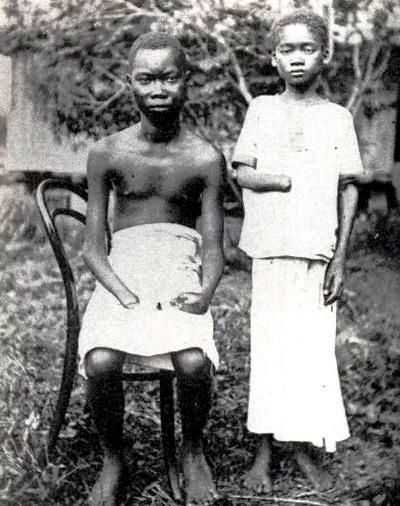

The crimes of colonialism and imperialism in Africa are exemplified in the Congo. King Leopold II of Belgium ran the so-called Congo Free State as his private property, amassing an enormous fortune by turning most adult males into slaves to collect wild rubber and ivory from the jungle. After the Belgians discovered gold in 1903, they worked thousands to death in gold mines. It has been estimated that about 10 million people out of a population of 20 million lost their lives under King Leopold’s barbarous rule. The women and children were held hostages—their hands, noses and ears often chopped off when the men in their families did not meet their rubber quota or failed to return.
THE CRIMINALS:
U.S. President Dwight D. Eisenhower: There was a massive effort over the years to cover up the central role played by the U.S. in Lumumba’s murder. Yet it came to light that President Dwight Eisenhower called for Lumumba’s assassination during a White House national security meeting in August 1960, less than two months after the Congo became “independent” and Lumumba was elected to be prime minister.
Allen Dulles, director of the CIA: The CIA overall orchestrated and directed Lumumba’s execution. Dulles called Lumumba a “mad dog,” and stated in a memo to the CIA station chief in the Congo that Lumumba’s “removal must be an urgent and prime objective.” In a message to President Eisenhower on September 21, Dulles wrote that Lumumba “remained a grave danger as long as he was not disposed of.”
Frank Carlucci: One of the CIA agents involved in organizing Lumumba’s assassination. Carlucci later became President Ronald Reagan’s secretary of defense.
Joseph Mobutu: For his role in Lumumba's assassination and bringing a swift end to any notions of real independence for the Congo, the U.S. backed Mobutu’s 32-year-long rule. With U.S. support, he ruled the country with an iron fist, crushing attempts at building rebel movements while amassing a personal fortune of more than $4 billion. All the while the U.S. had free rein to plunder the country’s rich resources.
THE ALIBI:
The imperialists initially claimed that Patrice Lumumba had been killed by “outraged villagers,” and then later changed their story, blaming his “Congolese enemies.” This cover story was designed to hide who Lumumba’s real assassins were. It was also used to justify setting up the puppet, pro-U.S. Mobutu government, and keeping the Congo under U.S. control—the argument being that the country’s instability, chaos and warring factions (which the imperialists themselves were responsible for creating) proved that the people of the Congo were incapable of ruling themselves.
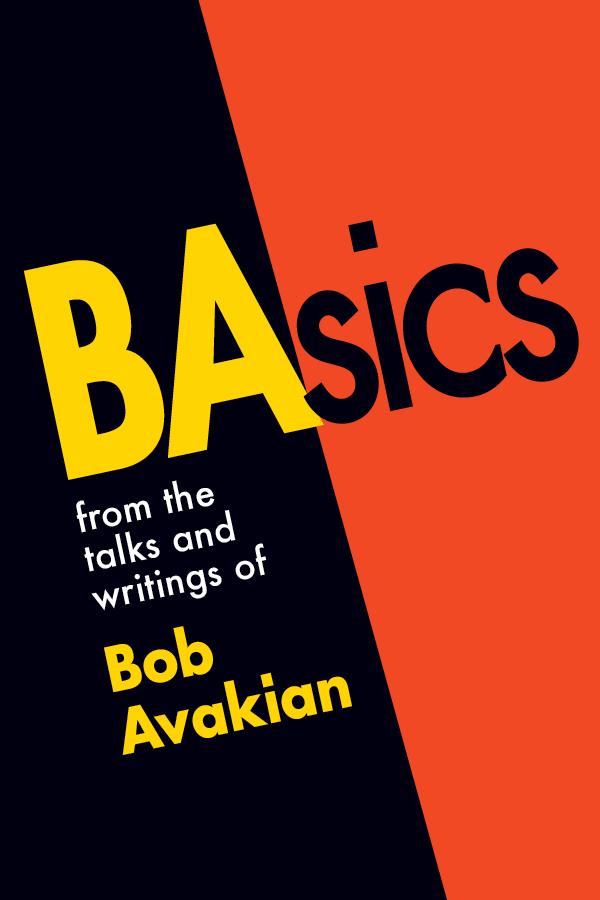

BAsics from the talks and writings of Bob Avakian
Not only did slavery play a major role in the historical development of the U.S., but the wealth and power of the U.S. rests today on a worldwide system of imperialist exploitation that ensnares hundreds of millions, and ultimately billions, of people in conditions hardly better than those of slaves. Now, if this seems like an extreme or extravagant claim, think about the tens of millions of children throughout the Third World who, from a very, very early age, are working nearly every day of the year—as the slaves on the southern plantations in the United States used to say, “from can’t see in the morning, till can’t see at night”—until they’ve been physically used up....These are conditions very similar to outright slavery....This includes overt sexual harassment of women, and many other degradations as well.
All this is the foundation on which the imperialist system rests, with U.S. imperialism now sitting atop it all.
—Bob Avakian, BAsics 1:4
THE ACTUAL MOTIVE:
In the years immediately following World War 2, the U.S. began to establish itself as the world's major imperialist power, and controlling the Congo was part of establishing its hegemony in Africa. That meant continuing to exploit and plunder the Congo. It also meant suppressing anti-colonialist struggles and blocking any advances in Africa by contending European powers and, most importantly, by the Soviet Union. By the mid-1950s, capitalism had been restored in that formerly socialist country, and by the 1960s it was emerging as an imperialist rival to the U.S.
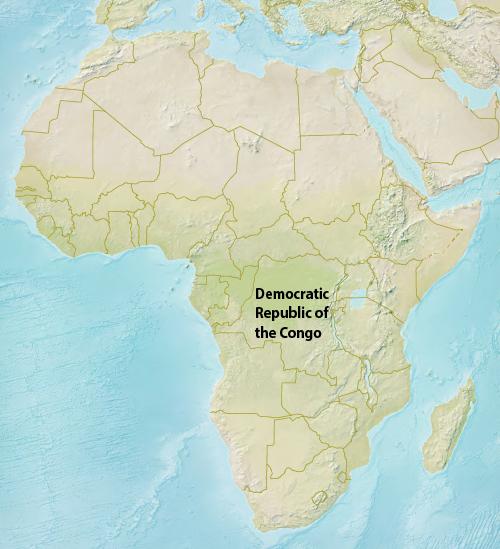
In late 1960, as the Congo sank into imperialist-inspired chaos and stood on the brink of government collapse and civil war, Patrice Lumumba had sought support from several foreign forces as well as the United Nations. But when UN troops arrived in the Congo, Lumumba quickly learned that they answered not to his government but to the Western powers, including the U.S. and Belgium.
With no assistance coming, Lumumba eventually turned to the Soviet Union, which seized the opportunity to contend with the U.S. by sending planeloads of “advisers” and agents. The U.S. ambassador to the Congo referred to Lumumba as “Lumumbavitch” and he was denounced as a communist or “communist dupe,” creating yet another rationale for his elimination.
Lumumba, while not a communist, was a courageous, charismatic leader who had emerged as one of Africa's, and the entire Third World's, most vocal opponents of colonialism and advocates of national liberation and sovereignty. This too put him in the crosshairs of the U.S., which was attempting to bloodily crush the gathering global wave of anti-imperialist uprisings and revolutions.
Murdering Lumumba and installing the brutal Mobutu regime turned the Congo into a bulwark of U.S. imperialism in Africa. For instance, his regime served as a springboard for U.S.-backed military intervention against its Soviet-backed neighbor Angola in the 1970s.
Patrice Lumumba was only 35 years old when assassinated and knew that his anti-imperialist stand and actions could lead to his early death, but he never backed down. A week before his execution, he wrote to his wife, Pauline:
“The brutality, mistreatment, or torture has ever forced me to ask for grace, for I prefer to die with my head high, my faith unshakable, and my confidence profound in the destiny of my country, rather than live in submission and scorn of sacred principles. History will one day have its say, but it will not be the history that Brussels, Paris, Washington, or the United Nations will teach, but that which they will teach in the countries emancipated from colonialism and its puppets.”
Sources
Democracy Now!, January 21 and May 10, 2011 interview with Adam Hochschild, author of King Leopold's Ghost: A Story of Greed, Terror, and Heroism in Colonial Africa, Houghton Mifflin, 1999
Heinz G. and Donnay H., Lumumba: The Last Fifty Days, Grove Press, New York, 1969
Lumumba, a documentary film by Raoul Peck, 2000; see www.zeitgeistfilms.com for information
Kingsolver, Barbara, The Poisonwood Bible, Harper Perennial Library, 1998. A brilliant novel told by the wife and four daughters of Nathan Price, a fierce, evangelical Baptist who takes his family and mission to the Belgian Congo in 1959.
Ludo de Witte, The Assassination of Lumumba, Verso, 2001
“The Agony of the Congo,” from A World to Win News Service, Revolution, August 21, 2005
